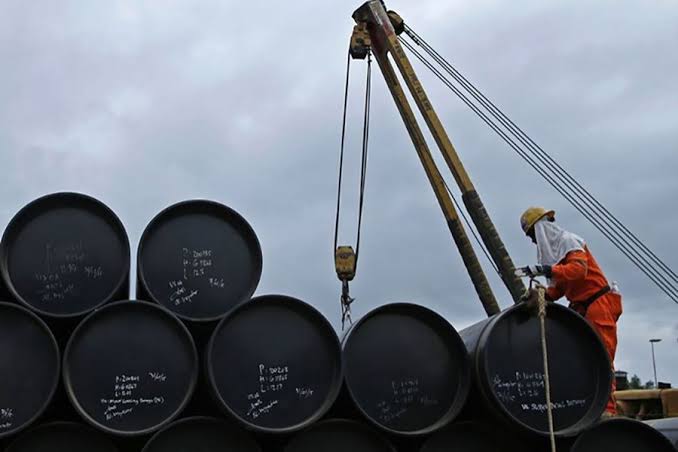ALIF
Published:2020-07-12 17:24:26 BdST
Storage bottlenecksBPC defers oil cargoes in July
The Bangladesh Petroleum Corporation (BPC) deferred two thirds of its import cargoes in July as an attempt to arrange private tanks to store oil went 'abortive'.
It will import only four oil cargoes this month instead of the 12 scheduled ones, BPC director for operations and planning Syed Mahdi Hasan on Saturday.
Despite repeated attempts to ensure oil storage facility from the private sector over the past four months, the BPC could not ensure a single facility to date, insiders said.
Four private companies - United Group, Super Petrochemical, SA Corporation and TK Group - showed interest to store BPC's petroleum products in their facilities on a rental basis.
But the state-run corporation could not use their tank storage facilities as they were not ready for storage as per international standard.
Besides, the rates they offered were exorbitant, said a BPC official.
United Group offered to store BPC's oil at Tk 250 per tonne per month, Super Petrochemical at Tk 400 and SA Corporation at Tk 550.
For its lowest offer, the BPC was interested in using United's storage and got subsequently the approval from energy and mineral resources division under power, energy and mineral resources ministry.
Despite several reminders, the business house could not prepare its storage facility to date, it is alleged.
Sources said if limited operation of offices and commercial entities continues and BPC fails to arrange additional storage facilities, it will have to defer more oil cargoes or count liquidity damage as penalty.
With the latest deferrals, the state-owned oil corporation deferred a total of 17 oil cargoes since April only due to storage bottlenecks.
Each cargo has the capacity to carry an estimated 30,000 tonnes of oil products.
Currently, the BPC has the total storage capacity of 1.32-million tonnes of oil products, which include diesel, furnace oil, petrol, octane, kerosene, bitumen, condensate and crude oil.
But due to lower petroleum consumption during general shutdown from March 26 to May 30 and subsequent limited office and commercial operations, BPC oil tanks were almost full, said sources.
The corporation had to shut the operation of the country's lone crude oil refinery for around a week in June due to oil storage bottlenecks.
The BPC's wholly-owned subsidiary Eastern Refinery Ltd (ERL) could resume operation as the private sector started taking furnace oil from stocks. ERL's oil storage capacity was saturated due to muted domestic demand.
The BPC had to cancel one 100,000-tonne Murban crude oil term cargo from Abu Dhabi National Oil Company (ADNOC) in June as the consequence.
The ERL was last shut for regular overhauling for 35 days starting from November 16, 2019. It shuts operations once in every two years for overhauling and maintenance.
The BPC is the sole importer of petroleum products in Bangladesh except high sulfur fuel oil and usually imports around 6.0-million tonnes annually, including 1.4-million tonnes of crude oil.
Despite a fall in consumption of oil products, the BPC is counting profit riding on the slump in global oil prices due to the spread of COVID-19 globally.
If the viral infection continues to spread and the oil prices in international market continue to fall, the BPC's profit will make a quantum leap.
The price of Brent crude, the benchmark in international oil price, now hovers around $43 per barrel as of May 10.
It was above $70 per barrel on January 07 this year.
Unauthorized use or reproduction of The Finance Today content for commercial purposes is strictly prohibited.


